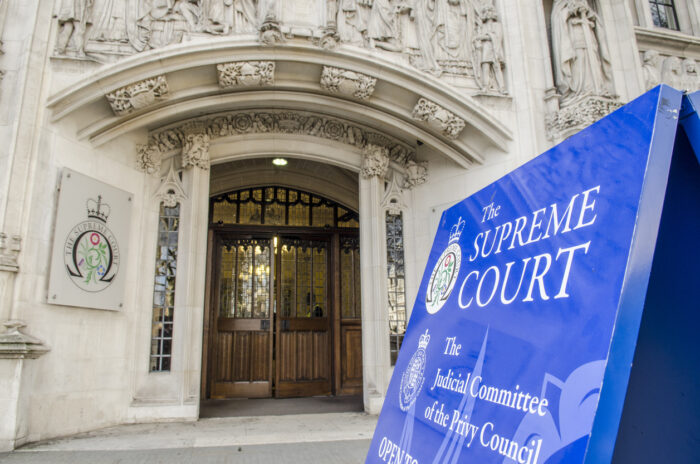URS Corporation Ltd v BDW Trading Ltd
In May 2025, a decision from the Supreme Court endorsed the core principles of the Building Safety Act 2022 and enhanced the ability for developers and homeowners to bring by for claims for defective residential works under Section 1 of the Defective Premises Act 1972 (DPA).
Details of the dispute
The dispute dates back to the Grenfell Tower fire in 2017. After that tragedy, the claimant, BDW (a well-known developer), who had engaged URS Corporation Ltd (“URS”) to undertake structural engineering services on two residential tower block developments, discovered that the structural design was defective. This was well past completion of the developments, a sale of the flats and despite the fact that no claims had been made against BDW by the flat owners. Nonetheless BDW voluntarily carried remedial works in 2020-2021 at its own cost.
BDW pursued a claim in negligence against URS to recover the extensive costs incurred in carrying out these remedial works. After the claim was lodged the Building Safety Act 2022 came into force, retrospectively extending time limits for claims under the DPA which imposed a duty on developers, contractors and designers to build dwellings properly. BDW amended its claim to take advantage of this change.
URS argued that BDW had never suffered any actionable damage – the flats had been sold beforehand, there were no claims by the flat owners, the remedial works were carried out voluntarily and at the time of the works any such claims by homeowners were time barred.
Grounds to appeal the Supreme Court
There were various grounds to the appeal to the Supreme Court, however two significant points:
- URS said that its responsibility did not cover the costs of voluntary works undertaken by BDW. The court dismissed this and rejected the proposition that there is a legal “voluntariness” principle preventing BDW for recovering for loss where it has chosen to deal with remedial works which it had no obligation to undertake. The courts may have been influenced by policy issues such as imperatives after the Grenfell tragedy to incentivise developers to carry out repairs to avoid danger to flats.
- The original claims by BDW were for negligence as claims in contract and under the DPA were time-barred. The court held that the retrospective extension of time limits under the Building Safety Act did apply and even where remedial works were carried out at a time when they were voluntary, and that historical fact is not affected by the extended limitation period in the DPA.
The decision in this case sets a precedent that may lead to an increase in claims for historical building defects and will be of interest to developers who have undertaken remedial works to address safety defects in high-rise developments in the aftermath of the Grenfell Tower disaster. The Supreme Court has held that such remedial works can be recovered even if carried out voluntarily.
Our recommendation
Practically developers should now assess their potential remedies against those involved in any development project even if they are not being pursued by a third party to do so, as such losses may be recoverable from any negligent third parties.
Contact our professional negligence solicitors today
If you’d like to seek advice regarding a potential professional negligence claim, you can call us free on 0808 164 0808.



